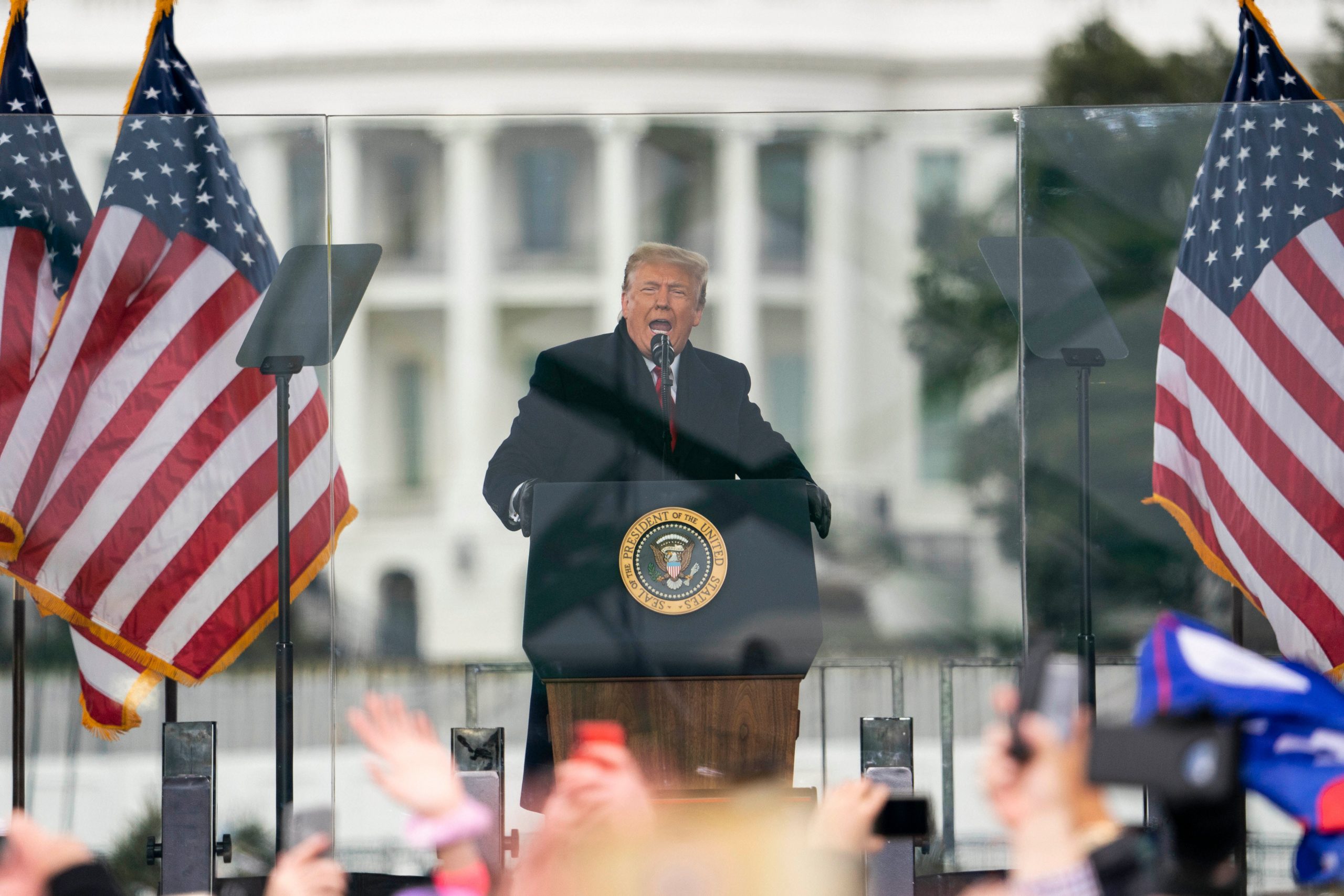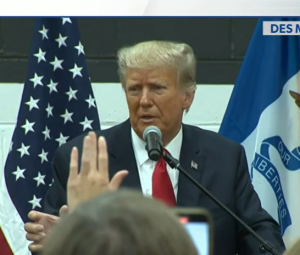The second impeachment trial of former US President Donald Trump, who is charged with ‘incitement of insurrection’ over the January 6 Capitol Hill riots, will start in the Senate on Tuesday. However, the Senate trial of Trump will be different from a typical courtroom trial.
While the court trials are standard, largely sticking to uniform scripts, the rules of impeachment trials can be devised by the Senate, as empowered by the framers of the Constitution.
Here’s how an impeachment trial is different from a courtroom trial:
1. In an impeachment trial, the Senators are both jury and the judges, which are two distinct entities in a courtroom.
While jurors hear evidence before rendering a verdict in a courtroom while judges shape the trial’s contours with rules and procedure. However, in the Senate, 100 senators members play the roles of jurors and judges as a vote of 67 need for a conviction.
The Senators have the power over the trial, how it unfolds, as under the Senate’s standing rules, the lawmakers have the ultimate authority over all the critical aspects of the proceedings, reports The Hill.
Also Read | Donald Trump’s journey from election defeat to second impeachment
2. While in courtroom and Senate trials, the accusing party needs to provide proofs to prove their case, in Senate impeachment trials, there is no standard of proof.
The “burden of proof” concept is handled differently in a court as jurors are instructed by the judges that a plaintiff or prosecutor must meet to carry their “burden of proof.”
In impeachment trials, the Senators are authorised to decide for themselves on what burden the House impeachment managers meet to prove their case.
Also Read | Trump should not get classified intelligence briefings: US President Joe Biden
3. The trials in courts follow a set of rules while handling evidence, which includes judges questioning evidence admissibility, and whether an exception to the general bar on hearsay can be applied or not.
However, in Senate impeachment trials, there is no equivalent set of rules as each senator gets to use their own judgement on the provided facts and the law, reports The Hill.
4. In trials of criminal cases in courtrooms, the punishment can lead to loss of liberty or property or capital punishment i.e., loss of life. Or in civil cases, the punishment can be the defendant paying money to the plaintiff. But, the impeachment trial is political, the punishment, too, is political.
When Trump was impeached for the first time, he was the sitting president of the US, and if convicted, he would have been removed from office. If Trump is convicted in this trial, starting February 9, the Senate will vote on whether to bar the former president from ever holding the federal office again.
5. If Trump is convicted in the impeachment trial, he cannot appeal the Senate’s verdict, which is common for the losing party in courtroom trials. When someone loses a case in any court, they can appeal the court’s verdict to a higher court. However, this mechanism does not work in impeachment cases as the Senate holds the “sole” authority over impeachment trials, empowered by the Constitution.







